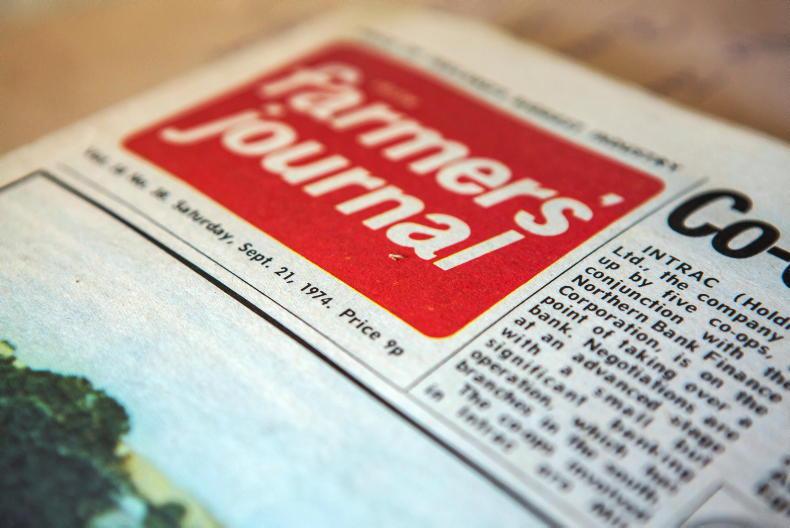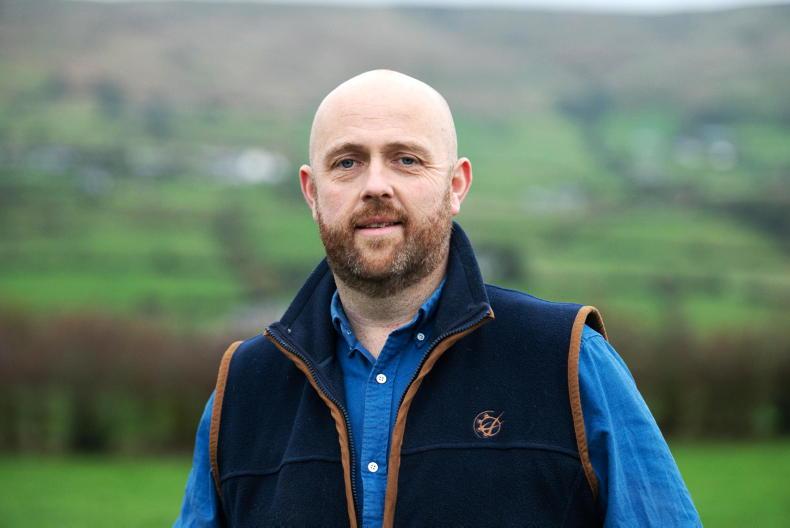Over the last few weeks and months, we have seen an escalation of farmer protests both nationally and internationally.
Whilst I have no doubt that the readers of this article would broadly be in agreement with the sentiments that the farmers are expressing, I feel that this readership may be part of a minority.
The level of frustration in farming at the moment is higher than it ever has been.
We are seeing increasing levels of administration, coupled with changes to farming practices being introduced in the name of environmental protection, while at the same time being told that farmers and/or agriculture is responsible for 38.4% of greenhouse gases (EPA 2022).
This is up from 36.8% in 1990.
When looking at the increase in greenhouse gases (GHG) in that 32-year period, it is also important to compare the output of agriculture in 1990 v 2022.
Our agricultural output between 1990 and 2022 has increased by 168% - this increase in output has been a significant factor in the economic development of Ireland.
After agriculture, the next biggest offender in relation to GHG emissions is transport. In 1990, transport accounted for 9.2% of GHG; by 2022, this had increased to 19.1%.
Yet, transport does not seem to be in the firing line, as it is too close to home for most people.
Dublin Airport expanding
The growth in transport emissions seems to be an uncomfortable truth.
We see this year an application by Dublin Airport Authority to increase its number of passengers from its current limit of 32m passengers to 40m. In 2020, Dublin Airport was designated as a carbon-neutral airport.
We have been told that if passenger numbers are allowed to increase to 40m per year, the additional passengers will be carried in the most modern jets, which emit 20% less GHG than current jets.
Technically speaking, all of this is true, yet the reality is that serious consideration is being given to increasing the capacity of an airport by 25% at a time when the pressure is coming on our primary food producers to change their methods of farming.
Agriculture employs approximately 164,000 people. It is the lifeblood of rural Ireland and produces enough food to feed 40,000,000 people.
We have seen a decrease in GHGs from agriculture in the last 12 months; we will see more and greater reductions as we see more young farmers take over the production process.
We see a commitment to family farms from all of the government parties; if this commitment is real, can we ask to be treated fairly? Agriculture is, as evidenced, doing its part. Is everyone else?









SHARING OPTIONS